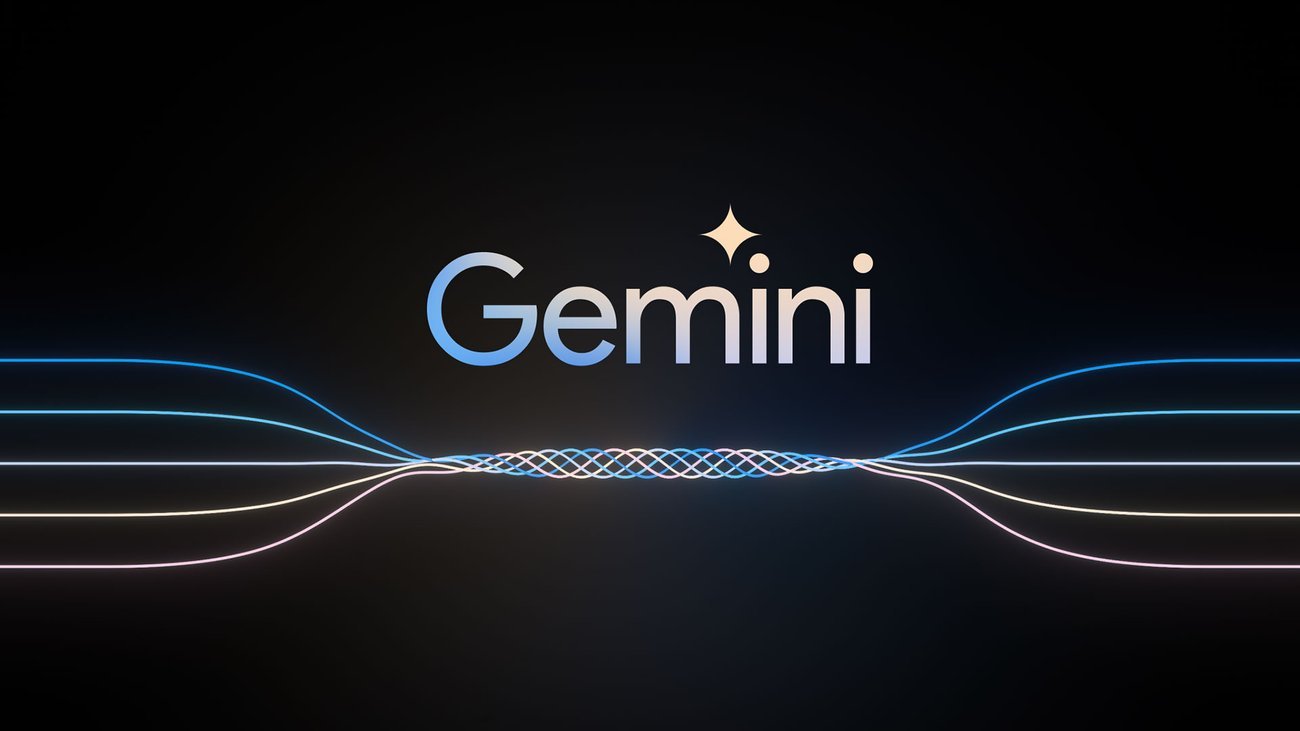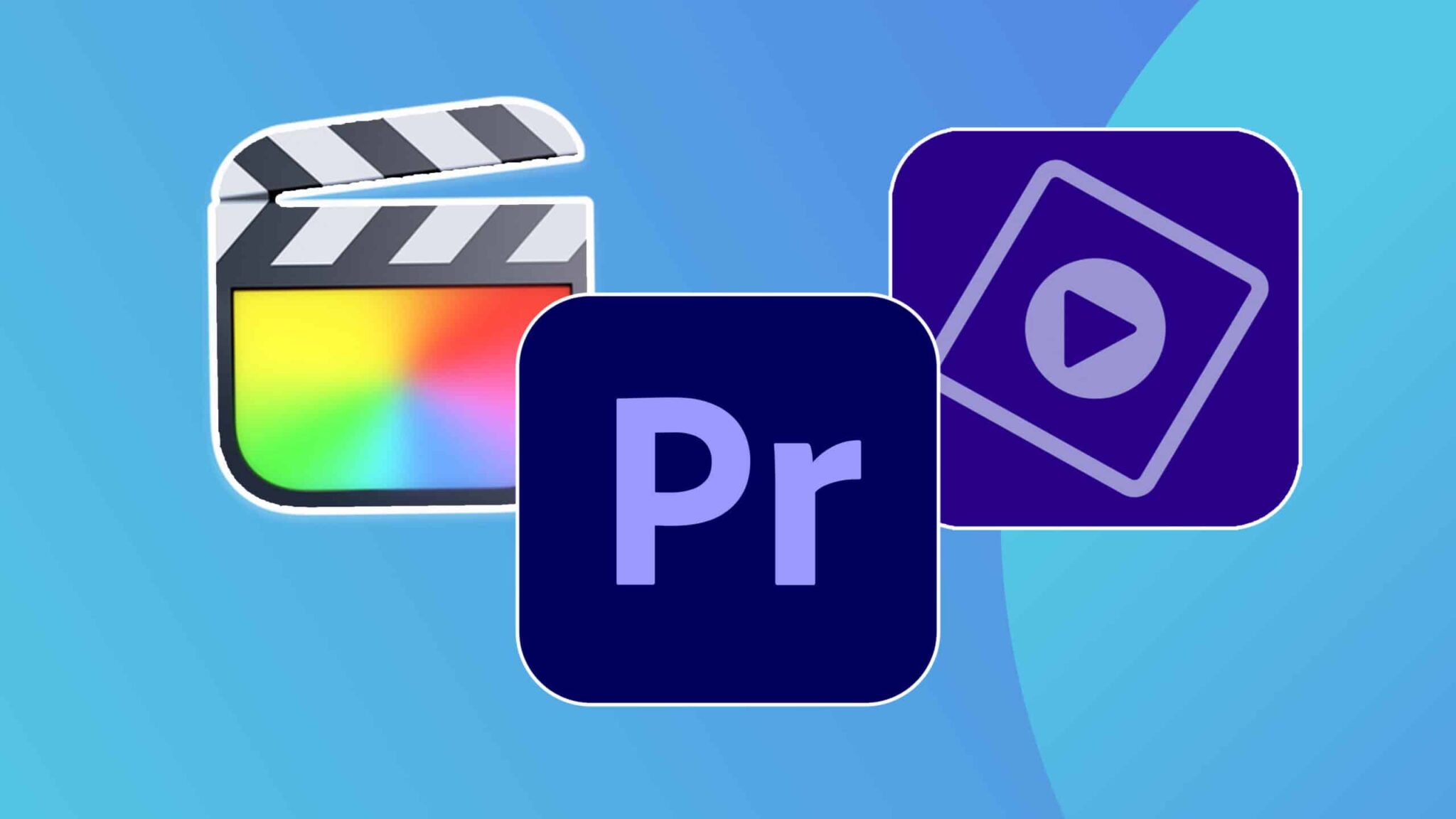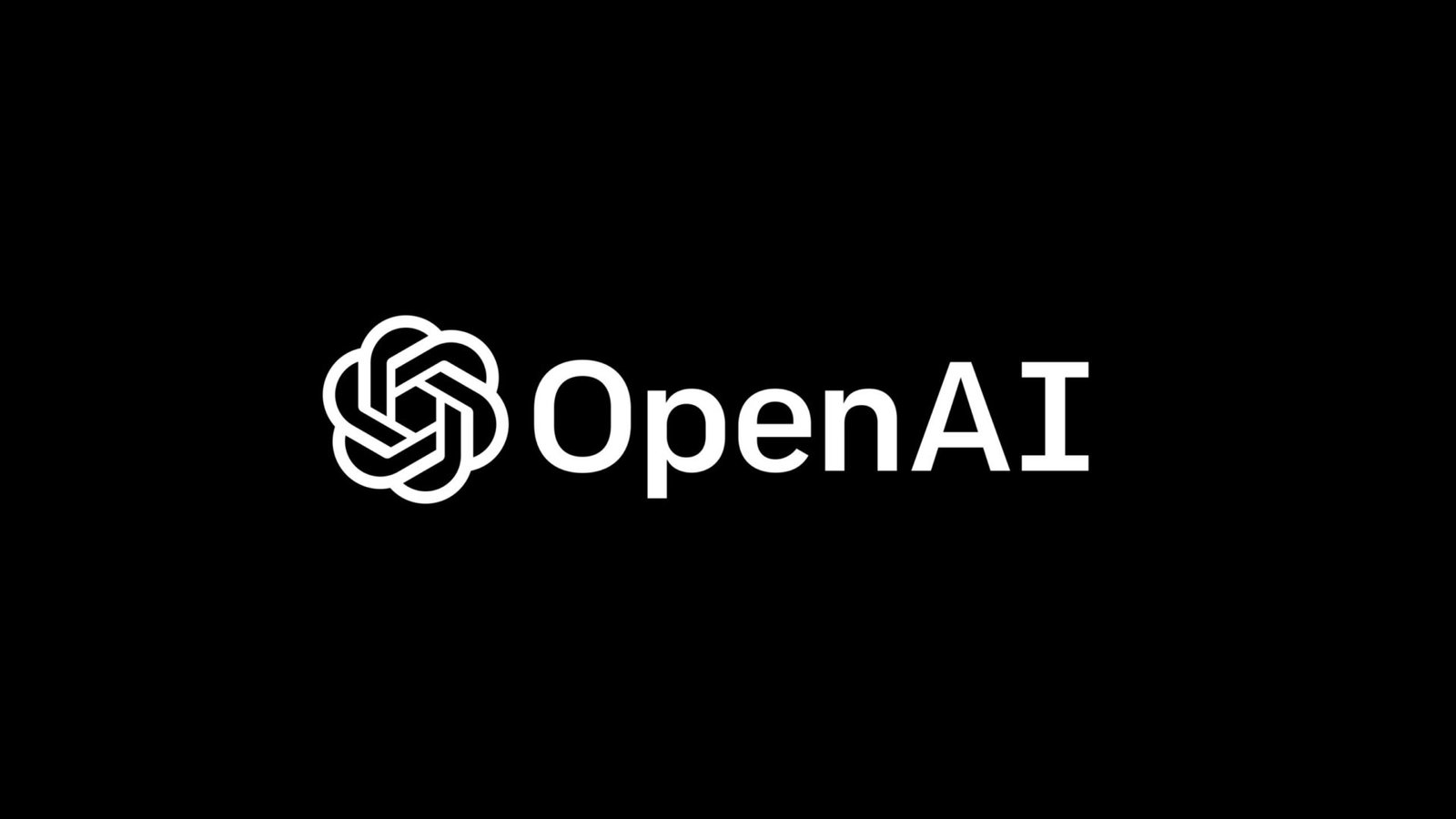Google’s latest generative AI initiative, Gemini, marks a significant step in AI development, driven by Google’s AI research teams, including DeepMind and Google Research. This expansive platform encompasses a trio of models designed to cater to various operational scales and complexities: Gemini Ultra, Gemini Pro, and Gemini Nano. These models promise to enhance the capabilities of developers and enterprise customers alike by delivering sophisticated AI tools that can understand and process a diverse array of information, including text, code, audio, images, and video.
Understanding Gemini: Google’s Multimodal AI Platform
Gemini stands out with its multimodal capabilities, a technological advancement allowing the platform to handle and analyze different types of data simultaneously. This ability is critical for tasks that require a comprehensive understanding across various media types, such as combining textual and visual data to enhance search functionalities or improve interactive user experiences.
Advanced Features and Applications
One of the flagship models, Gemini Ultra, has demonstrated superior performance by outperforming human experts in comprehensive multitask language understanding tests. This model is especially noted for its application in complex tasks that demand extensive data analysis capabilities, such as detailed image and video interpretation without the need for additional OCR systems.
For broader applications, Gemini Pro offers scalability, making it ideal for deployment across various business and technology sectors. Meanwhile, Gemini Nano is optimized for on-device applications, providing powerful AI tools directly on consumer devices such as smartphones, thus supporting advanced features on devices like the Pixel 8 Pro.
Integration and Security Enhancements
Google has integrated Gemini models into several of its services and products, including Android development tools and cybersecurity products. For instance, Gemini is employed in Google’s Mandiant cybersecurity platform to enhance threat detection capabilities, showcasing its utility in securing complex systems against modern cyber threats.
Future Prospects and Accessibility
The future of Gemini includes plans for wider accessibility and integration into more consumer products and enterprise solutions. Google has begun rolling out these models to its cloud customers and developers, with a particular focus on expanding the capabilities and efficiency of cloud computing resources.
Google’s Gemini platform not only enhances Google’s product offerings but also sets a new standard in AI with its state-of-the-art multimodal capabilities. This development is poised to drive significant advancements in how businesses and developers use AI, potentially transforming a wide range of industries by enabling more comprehensive, efficient, and intuitive AI solutions.





























